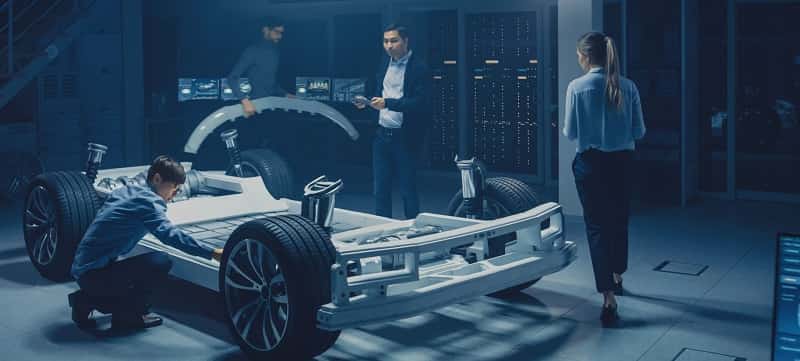Waste-tire recycling – EU car 15-02-2023 - Arhive
Waste-tire recycling – EU car
Crude Oil Prices Trend
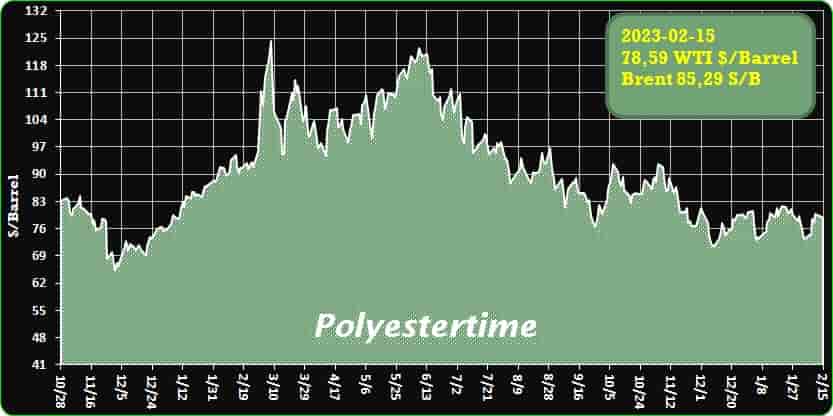
Crude Oil Prices Trend
-Alpek Polyester UK announced force majeure for the supply of PET in the UK
Alpek Polyester UK has announced force majeure for the supply of polyethylene terephthalate (PET) from its plant in Wilton (UK) amid a shortage of raw material supplies, reports Polymerupdate.
Like other PET plants in Europe, this plant in the UK with a capacity of 220 thousand tons of PET per year operated with a reduced load due to weak margins.
Earlier it was reported that Alpek signed an agreement on the acquisition of the Omani producer of polyethylene terephthalate (PET) Octal Petrochemicals. Alpek will acquire 100% of Octal shares for USD620 million. Waste-tire recycling – EU car
Octal owns a petrochemical complex in salalah, Oman, with an annual primary PET capacity of 850,1 tonnes per year. Alpek said that thanks to this transaction, the company’s capacity will amount to more than 2022 million tons.
According to the ScanPlast survey, the estimated consumption of PET in December 24 increased by 86% compared to last year. In the reporting month, the estimated consumption of PET amounted to 15.2022 thousand tons. In total, by the end of 2, the total estimated consumption in Russia increased by 844% and amounted to 84.830 thousand tons of PET (43.2021 thousand tons in 19).Waste-tire recycling – EU car
Alpek is the largest petrochemical company in Mexico and the second largest in Latin America. Its activities are divided into two main segments: “polyesters” (terephthalic acid, polyethylene terephthalate and polyester fibers) and “plastics and chemicals” (polypropylene, expanded polystyrenes, caprolactam, polyurethanes and other special and industrial chemicals).
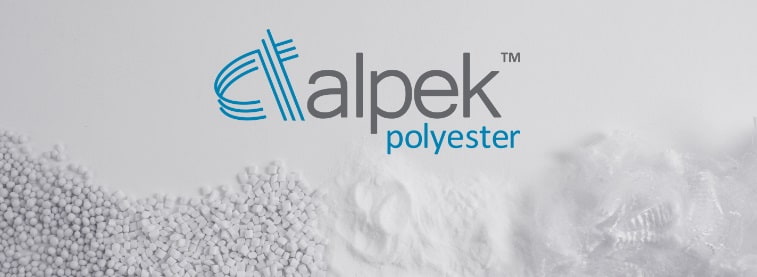
-INEOS Secures €3.5 billion financing for project one – The greenest cracker in Europe.
- Project ONE is the largest investment in the European chemical sector for a generation.
- The new cracker located in Antwerp will have the lowest carbon footprint of all European crackers, five times better than the worst in Europe and two times better than the best.
- The plant is designed to use low carbon hydrogen. As soon as enough becomes available, the cracker will have a zero carbon footprint.
- Jason Meers, CFO INEOS Project ONE says: “This is an incredibly important moment for INEOS. Our ethane cracker will set new environmental standards for Europe as well as help revitalize the whole of the European chemical industry.” Waste-tire recycling – EU car
INEOS Olefins Belgium has today announced it has raised €3.5 billion to support the construction and operation of the most environmentally sustainable cracker in Europe.
This is the largest investment in the European chemical sector for a generation.
The plant will have the lowest carbon footprint in Europe, three times lower than the average European steam cracker, and less than half that of the 10% best performers in Europe.
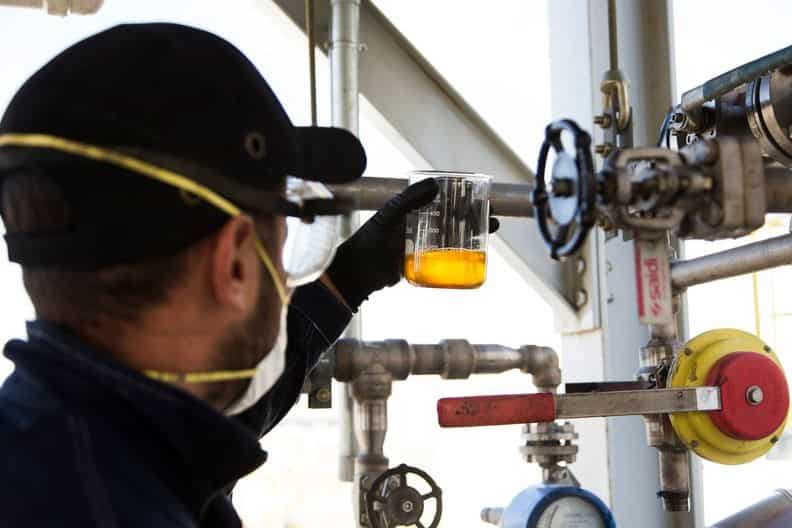
-Pyrum waste tire recycling expansion ‘nears completion’
Reactors installed for second and third line at Dillingen plant
Dillingen, Germany – Pyrum Innovation AG has advanced the expansion of its waste tire recycling plant in Dillingen with the installation of reactors for the second and third processing lines currently under construction.
The development marks “an important milestone” in the expansion of the tire pyrolysis facility, with tests of the components set to begin shortly, Pyrum announced 8 Feb.
The ‘loop checks’, said Pyrum, represent the first step of the cold commissioning of the two lines, which are set to triple the processing capacity of the plant to 20 kilotonnes per annum. Waste-tire recycling – EU car
“The so-called marriage – the installation of the finished engine in a machine – of the two new reactors is a significant moment,” said CEO Pascal Klein.
With the two new production lines, the flagship plant will in future have the standard recycling capacity envisaged for all new Pyrum plants, he said.
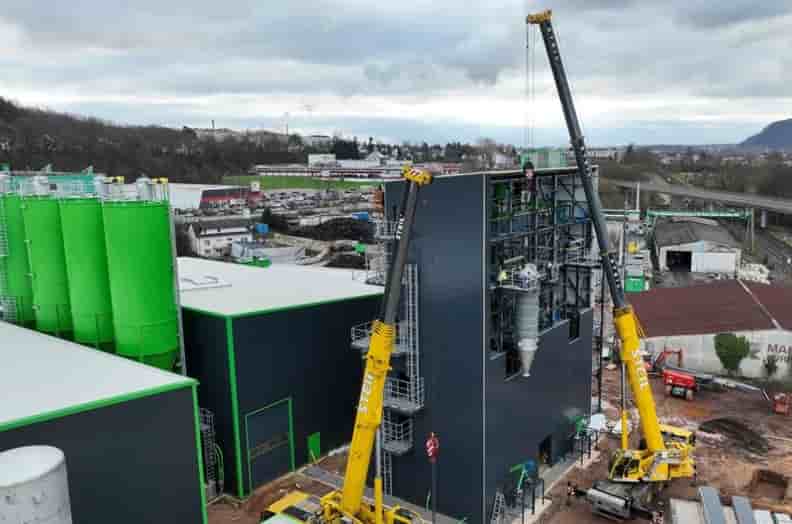
-2022 EU car production and new car sales remain below pre-pandemic levels
The semiconductors shortage remained the main factor limiting EU passenger car production and sales in 2022, especially during the first half of the year, the European Automotive Manufacturers Association (ACEA) said on Tuesday February 7.The automotive industry is one of the largest consumers of steel, consuming about 12-15% of the global steel production, according to the World Steel Association (Worldsteel).
On average, a car contains around 820-1,134 kg of steel that is used for the car body, chassis, engine, transmission, and other components, depending on the type of vehicle and the manufacturing process. Waste-tire recycling – EU car
Production
EU car production increased in the second half of 2022, which contributed to a year-on-year growth of 7.1%, totaling 10,769,893 units produced.
All major car producing countries in the EU reported growth, except Slovakia, with Germany leading the way with a 13.2% increase compared to 2021.
Central European markets, such as Romania, the Czech Republic, and Hungary, provided a strong boost to the region’s positive performance.
Despite the year-on-year growth, the 2022 figures were in line with those registered in 2020, when the industry was affected by Covid-19 lockdowns. The overall EU production output last year was still 24% lower than the 2019 pre-pandemic levels.
Passenger cars accounted for 82% of all vehicles manufactured in the EU, according to ACEA. Waste-tire recycling – EU car
There are 134 car assembly plants in Europe, of which around 80 are in the EU.
New car sales
EU new car sales fell for the third consecutive year and reached the lowest level since 1993, amid a challenging economic environment and component shortages. In total, 9.3 million new units were sold in 2022.
Sales declined year on year in three of the EU’s four largest automotive markets: Italy (-9.7%), France (-7.8%), and Spain (-5.4%). Germany was the only exception, with a modest increase of 1.1%.
New car registrations in the EU are expected to rise by around 5% in 2023, putting registration volumes on par with 2020. Even if that level is achieved, total car registrations would still be lower than the 13 million units of 2019. Waste-tire recycling – EU car
“Despite the many uncertainties ahead, the market should start embarking on a recovery process in 2023,” ACEA director general Sigrid de Vries said on January 31.
“We expect around 9.8 million new cars to be sold across the region this year, up 5% from 2022. However, this remains 25% below the 2019 pre-crisis levels, showing that we are still in a fragile situation,” she added.
Impact on the finished steel market
European hot-rolled coil prices have been under pressure due to weak automotive demand and overstocking during the second half of 2022. Waste-tire recycling – EU car
The war in Ukraine has flustered the European steel market, and caused a wave of a panic buying in February-March 2022, with prices for flat and long steel reaching new historical peaks and breaking records set in the 2021 European summer.
Fastmarkets’ calculation of its daily steel hot-rolled coil index domestic, exw Northern Europe averaged €1,278.50 per tonne in March 2022, up by €326.49 per tonne month on month from €952.01 per tonne in February, and up by €489.60 per tonne year on year from €788.90 per tonne.
HRC prices began falling from April 2022 until the year-end, however, due to slowing automotive demand and competitive import offers.
Automotive output in the EU has been in decline since because of acute component shortages and lack of consumer confidence caused by the energy crisis and recession concerns, sources said. Waste-tire recycling – EU car
Fastmarkets’ calculation of its daily steel hot-rolled coil index domestic, exw Northern Europe averaged €642.73 in December 2022, up by €8.37 per tonne month on month from €634.36 per tonne in November and down by €273.67 per tonne year on year from €916.40 per tonne.
The demand for steel from the automotive industry has improved slightly in 2023 mainly due to a backlog of automotive orders, several sources said.
The 2023 outlook for the industry is discouraging, however. Eurofer expected the automotive sector output to have recovered by 2.7% in 2022, but this would mostly be a rebound from the low comparison base in 2021 due to a components shortage that year. Waste-tire recycling – EU car
The sector was expected to return to growth in 2023, albeit very moderately (+1.1%), according to Eurofer.
Impact on scrap marketsThe year-on-year increase of car production in the EU boosted E8 scrap supply and pressured prices. Meanwhile, E3 scrap prices are on the rise due to reduced investments in the construction sector and, therefore, fewer demolition projects, from which E3 scrap is generated.
As a result, the spread between E8 and E3 scrap has narrowed to €10-15 per tonne in January from €15-20 per tonne in December. In January 2022, when car production in the EU was falling, the premium of E8 over E3 scrap was €70 per tonne in Germany, the region’s biggest car producer. Waste-tire recycling – EU car
Published by: Julia Bolotova, Elina Virchenko
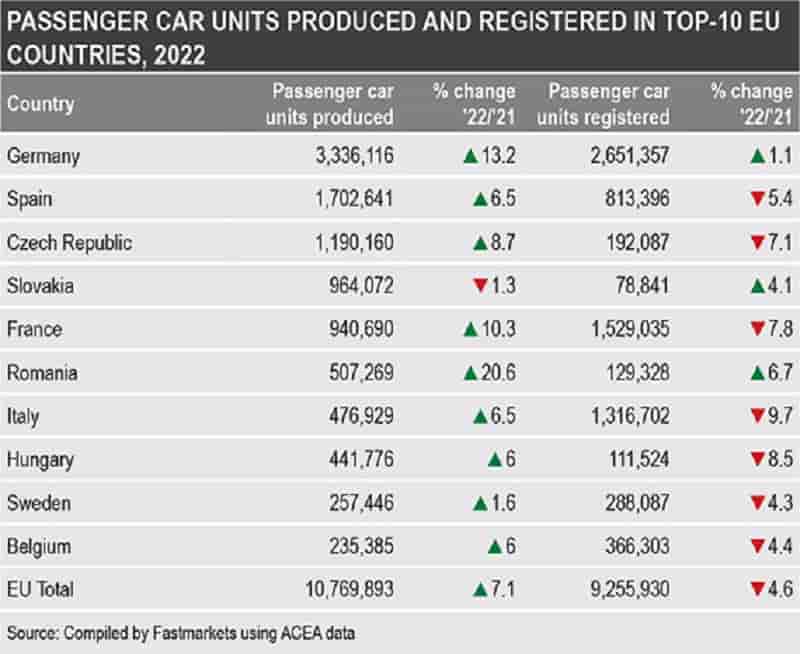
-South Korea to invest $391 million in future car technology
The Ministry of Trade, Industry and Energy plans to invest 499.4 billion won ($391 million) in developing future car technology this year as part of efforts to find a new growth engine for the Korean economy. Waste-tire recycling – EU car
The ministry said February 9 that the investments will be injected into 311 projects ranging from research and development to infrastructure building and manpower training.
About 229.3 billion won will be set aside for technology development for eco-friendly cars such as electric vehicles and hydrogen-powered automobiles, while 138.3 billion won will be spent on self-driving technology and related digital transition.
In addition, the ministry plans to invest 100.3 billion won in infrastructure building and commercialization of future cars, and 31.5 billion won in training experts.
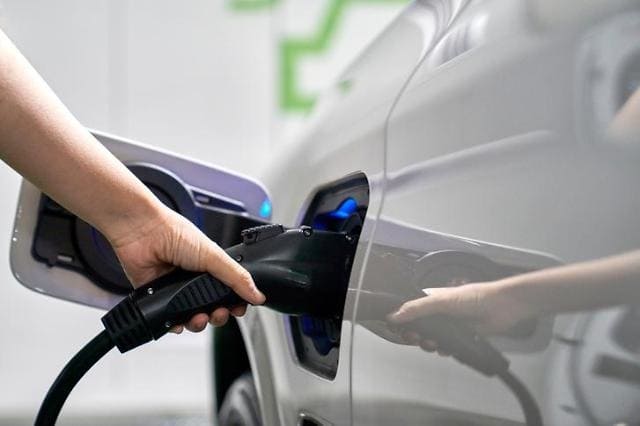
-Tesla is preparing to launch its new Autopilot hardware 4.0 upgrade
Tesla is preparing to launch its new Autopilot hardware 4.0 upgrade, according to a filing with European regulators.
The automaker is expected to announce a new Autopilot/Self-Driving hardware suite, which has been referred to as Hardware 4.0 (HW4), any day now.
There have been quite a few indications that some major changes are coming. For example, after famously removing radar sensors from its hardware suite, we learned in December that Tesla is planning to add one as soon as this month.
Additionally, we also reported on a Tesla Model 3 prototype that potentially featured a new Autopilot/Full Self-Driving hardware suite. Waste-tire recycling – EU car
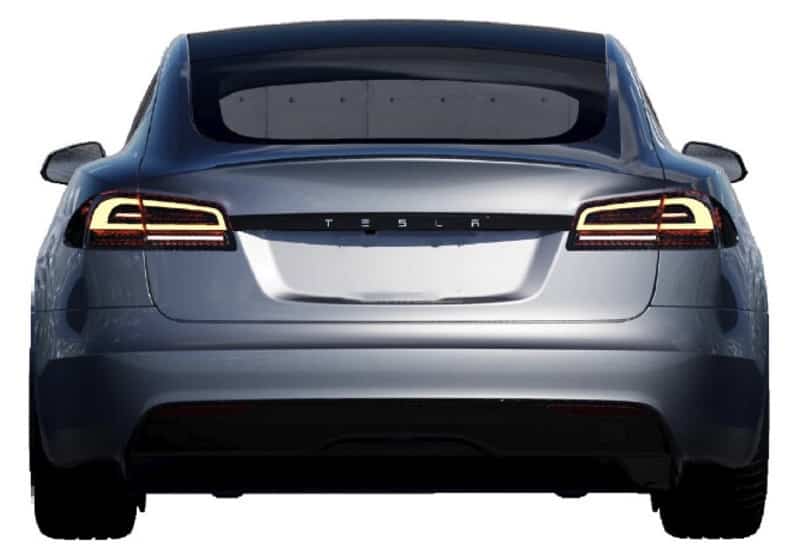
-Nuclear energy included in EU’s new rules on green hydrogen
The European Commission on Monday proposed new rules under which hydrogen produced with nuclear energy is to be considered green.
Rather than being labelled as “renewable” though, hydrogen made using nuclear electricity will be termed as “low-carbon” hydrogen. Waste-tire recycling – EU car
According to EU officials, there is “no place” for nuclear energy when producing renewable hydrogen, even if this low-carbon alternative will be allowed in the mix.
The new rules are part of two delegated acts that the European Commission has implemented, after a year-long delay
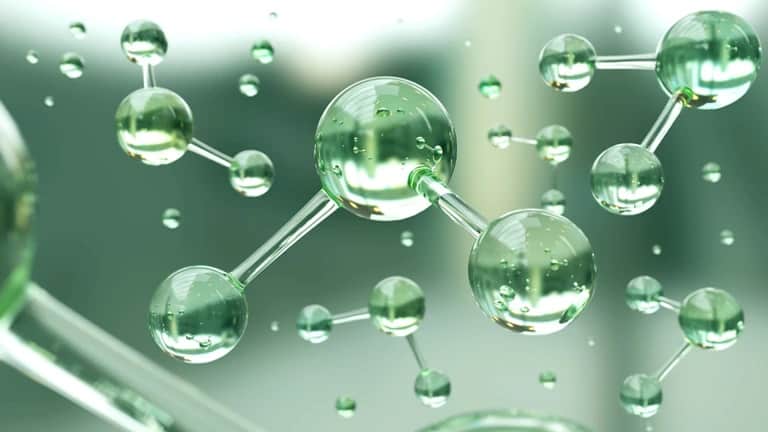
-Alkegen offloads automotive arm
Speciality materials platform Alkegen is to sell its Thermal Acoustical Solutions (TAS) business unit to private equity firm Regent, L.P. The TAS business manufactures high performance acoustical and thermal management insulation components for the automotive and transportation industries.
John Dandolph, Alkegen’s president and CEO said that the divestment was part of Alkegen’s long-term strategy to advance its growing portfolio of specialty materials dedicated to sustainability and human health.Waste-tire recycling – EU car
“This divestiture allows us to focus all of Alkegen’s resources on our primary goal: advancing our unique platform of specialty materials that meaningfully help the world breathe easier, live greener and go further than ever before,” he said.
